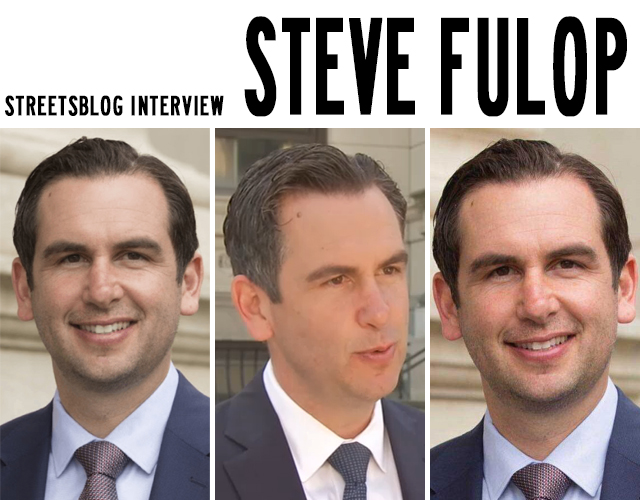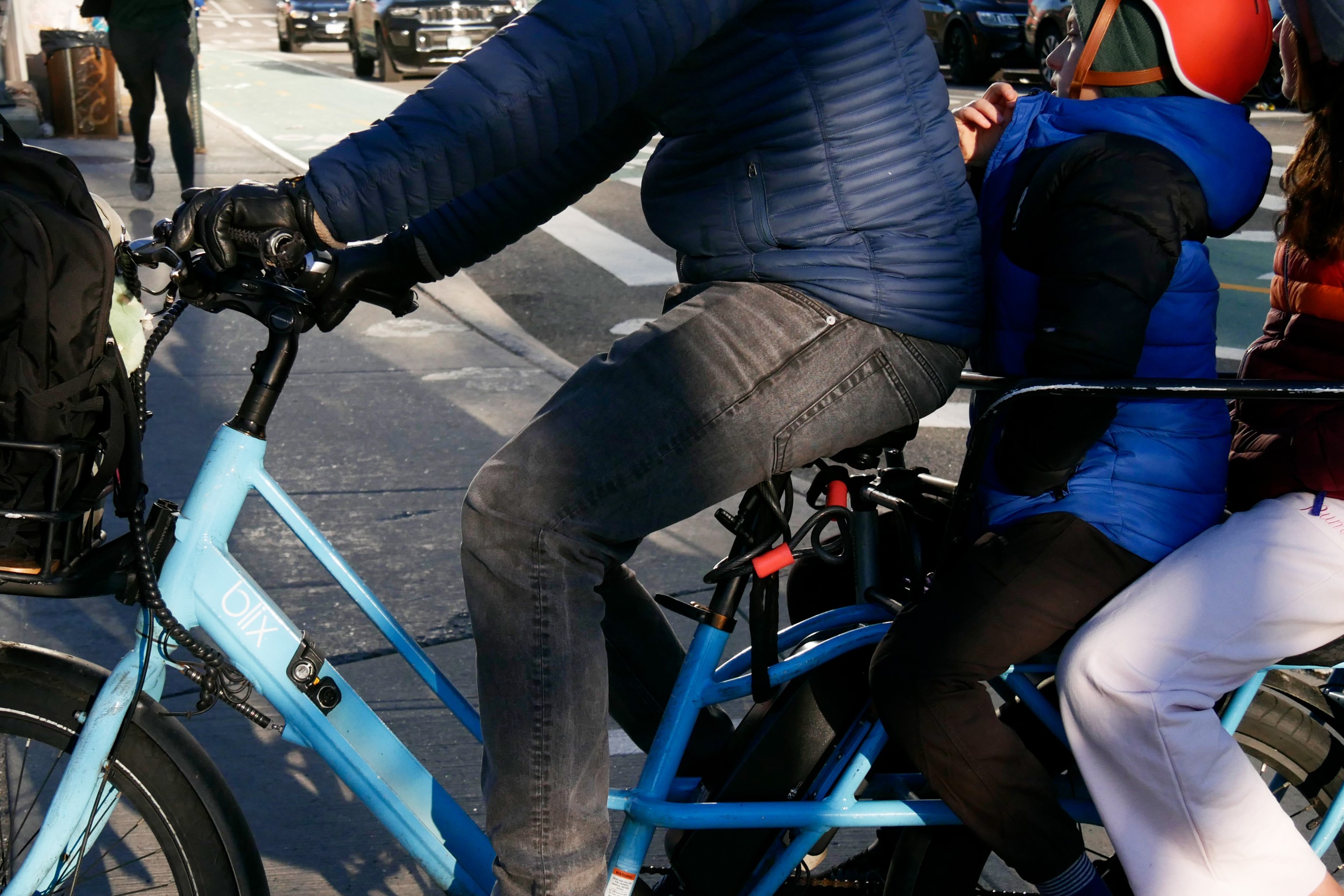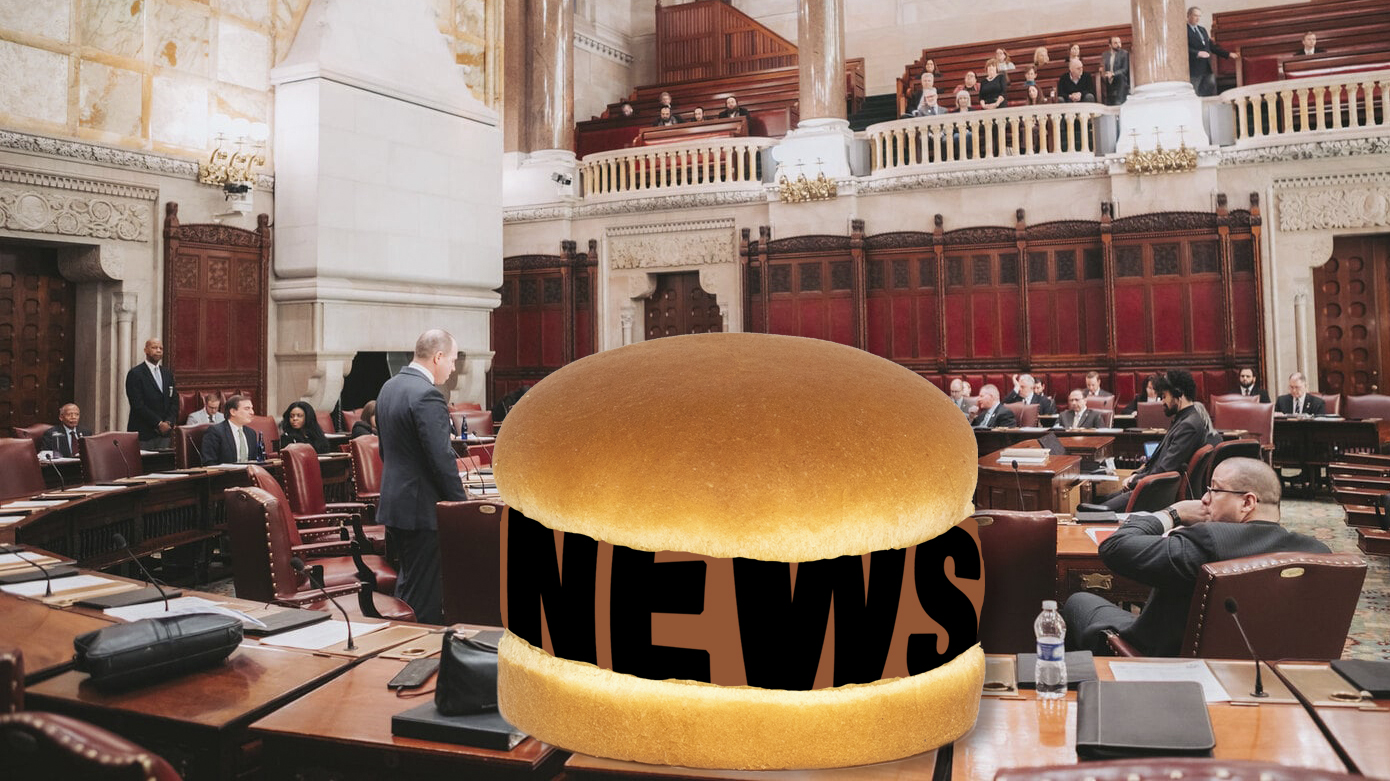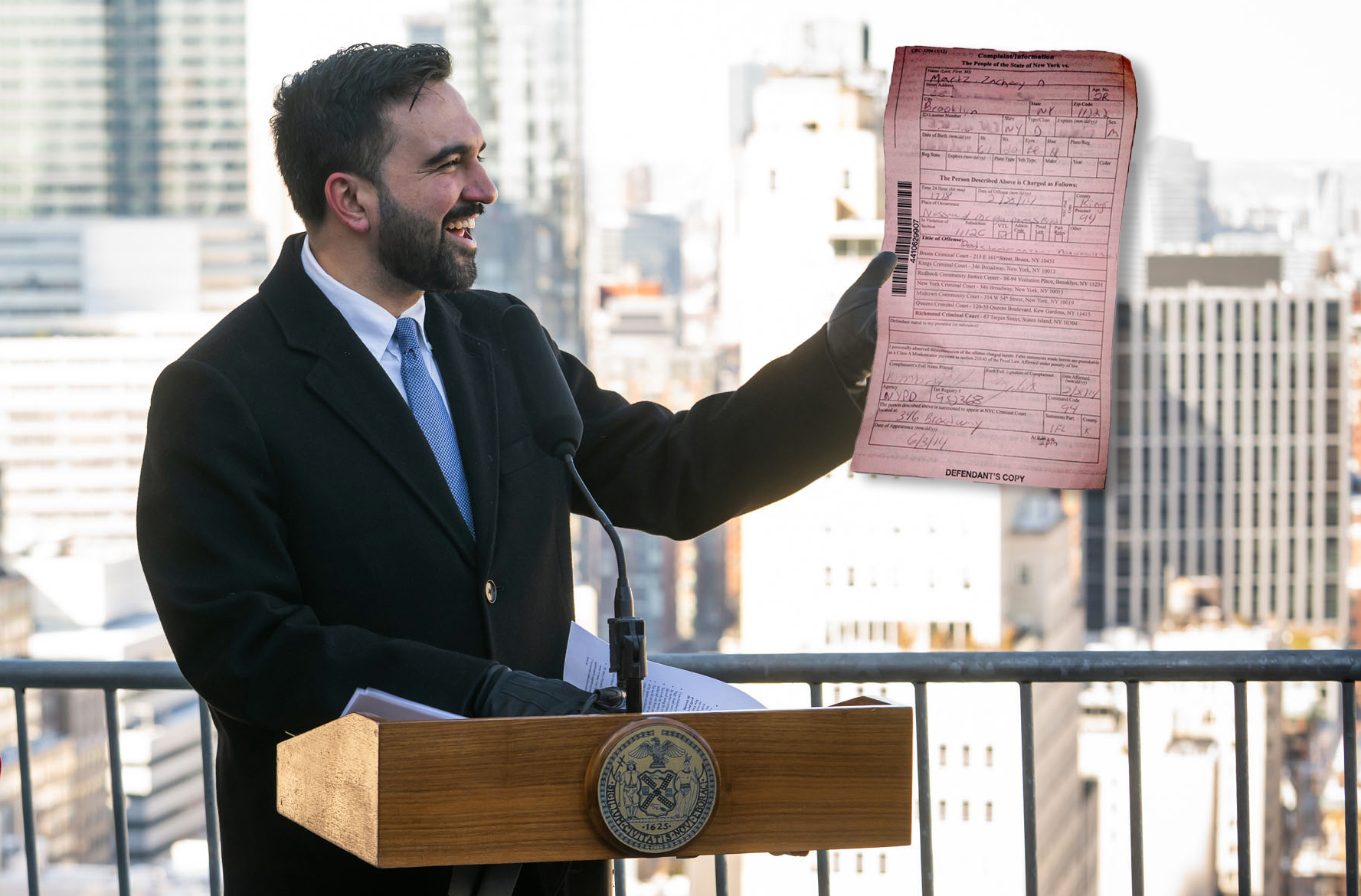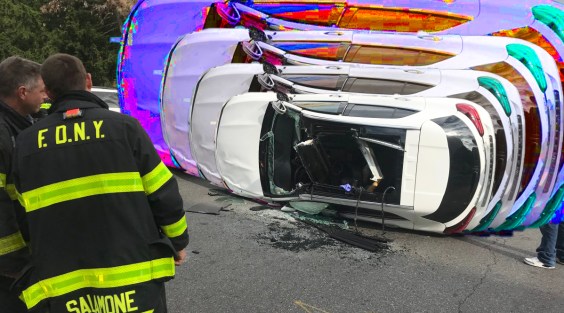His claim to fame is that he retired at age 30. He swears that you can achieve greater financial freedom too, if you follow his example by eliminating unnecessary expenses and investing wisely. He calls himself Mr. Money Mustache. And he says nothing is more essential to his philosophy and wealth-building strategy than riding a bike.
Mr. MM (his real name is Pete, but that's no fun) has been dishing out lifestyle advice on his personal finance blog for two years to a faithful following that now numbers about 300,000 regular readers. In a recent interview with the Washington Post, he counseled prospective early retirees to live close to work and "of course, ride a bike." In fact, MMM says, it'll take you forever to retire if you keep wasting money on cars. He estimates it costs a person $125,000 and 1.3 working years' worth of time to drive 19 miles each way to work.
Living so far from work that you "need" to drive is a result of bad planning, he says, and should be remedied -- or "optimized" -- as quickly as possible. Riding a bike is the boiled-down essence of everything he preaches. He rejects the idea that his readers can "just follow the rest of his advice, while ignoring the bike parts."
"It’s time for this silliness to come to an end," he wrote earlier this month. "You must ride a bike. We all must."
I'll let you read on your own about how driving a car is like throwing away 24 blackened salmon salads, and the three questions you should always ask yourself before getting behind the wheel.
Streetsblog caught up with Mr. Money Moustache recently to talk more about how sensible transportation decisions fit into an economically sound lifestyle -- and, of course, early retirement for us car-free Streetsblog editors.
Tanya Snyder: Last month was Anti-Automobile April. What did that consist of? How did it go?
Mr. Money Moustache: Anti-Automobile April was a little experiment where I tried to make the readers of my blog track their own driving for the month. My hope was that they would become more aware of it and hopefully consider canceling some of their trips, combining some of the smaller trips into fewer ones, and most importantly, replacing some of the local ones with bike trips.
MMM: Yeah, I am certainly not an anti-car zealot. I secretly love those machines. I love driving them, sitting in them, and reading about them. And for some reason, I have the technical stats for almost every model available in the U.S. memorized.
But you just have to realize what they're good for.
These are 3,500-pound missiles designed to shoot you and your friends in great comfort across the entire country on life-changing vacations. You don't just take such a thing down to the drive-through or drop your kid off at school in one. They're for special occasions when all other options fail. So the question you ask is, "Could this mission reasonably be accomplished WITHOUT a car?"
If the answer is no, VROOM, have a good time.
TS: You separate road trip driving from clown driving. What defines clown driving?
MMM: In a post called "Curing Your Clown-like Car Habit," I defined Clown driving as any car trip that could have been accomplished by bike -- or more broadly, any unnecessary car trip. In my city of Longmont, Colorado, which is basically a 5x5 mile square with nice weather and bike paths, pretty much any car trip within the city is a Clown trip, because you can bike anywhere easily here. And yet the clowning persists.
MMM: I like to work it from both angles: Encourage beginners to head out on the easy spring days for leisure rides, but also remind people that bikes are serious tools that can cover great distances in any weather, and carry heavy loads if you have racks or a trailer. If I set an example as the guy who always rides his bike, regardless of weather or cargo conditions, it gives people fewer excuses not to ride their own.
One reader told me he printed out a picture of me biking up my driveway in the blizzard with the 85 pounds of groceries, and put it on the cabinet where he keeps his car keys, to remind himself to reconsider driving.
MMM: Uhh, the word is "badassity." But you're right, I don't talk about transit much. Mostly because it doesn't apply much in my own 5x5-mile city.
In many metro areas, a bike ends up being much faster than a bus, because you get to take a direct route without stopping to pick up other passengers -- the same benefits of a car, without the drawbacks. But public transit still works wonders in other places. The subways in big cities work wonders, and I've really enjoyed the light rail in Denver, the San Francisco area, Seattle, and Phoenix. In general, public transit always comes #2 in my book -- it's the second choice after riding a bike.
MMM: Retiring at age 30 is a bit of a special case, as at least half of the readers are older than me -- I'm 38 now. But the blog has always been more of an "efficient lifestyle" blog rather than just a financial one. To me it seems pointless to talk about just spending less money or investing more of it if you don't balance it out with the reasons you would actually want to do this. So I write about how to live a good life in all areas -- from a slightly engineering-minded perspective with the math thrown in when appropriate.
MMM: Yeah, they sure can. Cars certainly aren't a necessity to live a good life, but I like to point out that you don't have to be particularly hardcore and minimalist to get ahead financially. You just have to be conscious of where your money is going, and not let it slip away without benefit.
For example, most people sign themselves up for car commutes, not realizing that they have made a losing bargain, cost-wise. If there's one thing I argue against most strongly in the automobile department, it is that: Don't use them for commuting. If you do, you've probably done the bigger-picture math wrong.
MMM: This probably depends on your location as well as your financial situation. Where I live, my car insurance is under $30 per month, and driveway space is free. So I do have two vehicles -- a 40MPG Scion xA and a 1999 Honda minivan I use occasionally for hauling construction materials and camping trips. Neither one gets driven more than once every week or two, so in reality they could both be ditched and we could just rent cars when needed. For many people, this is a financially smart decision, and the slight inconvenience of renting makes you even more likely to plan your life well and bike more.



